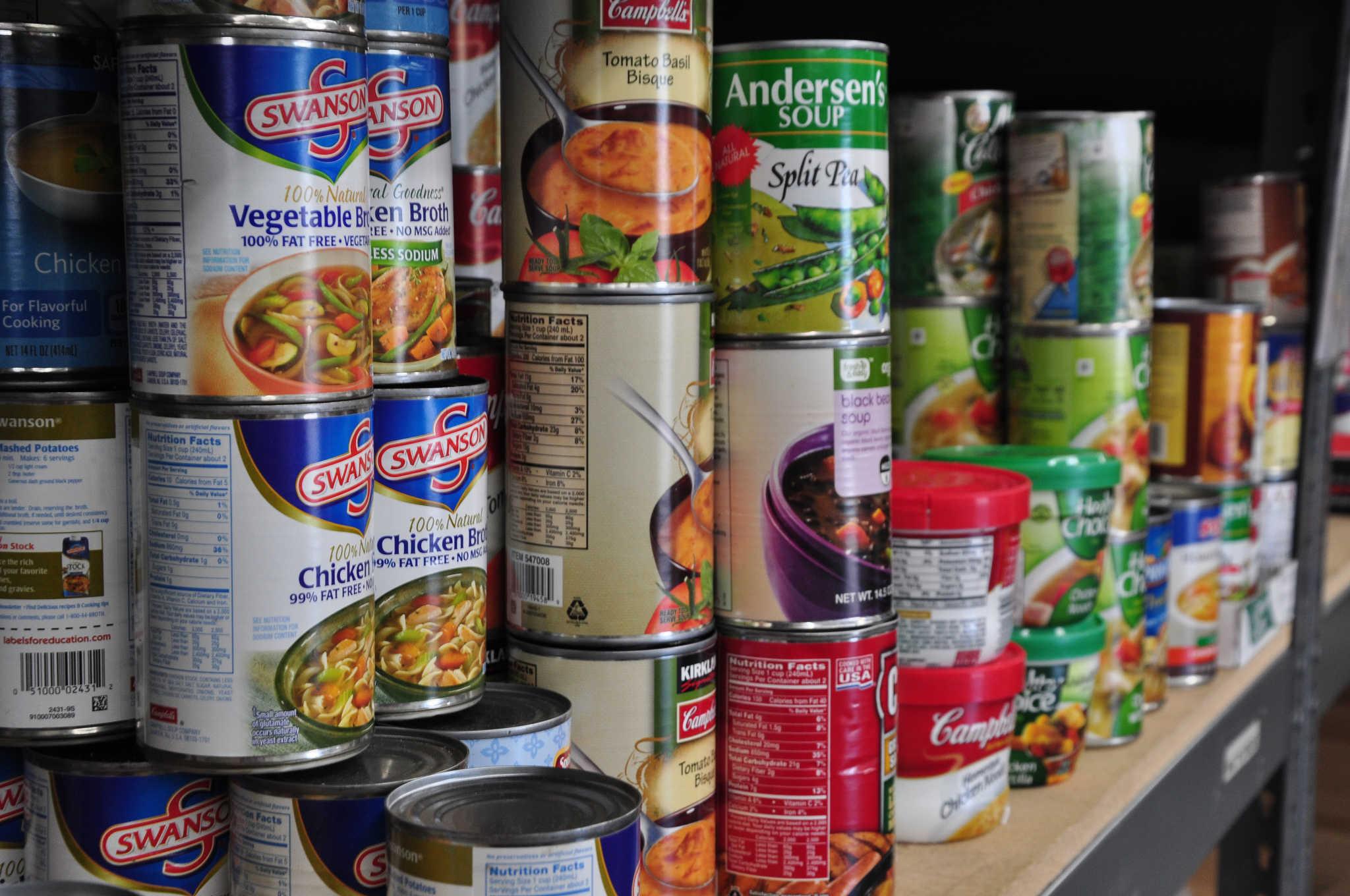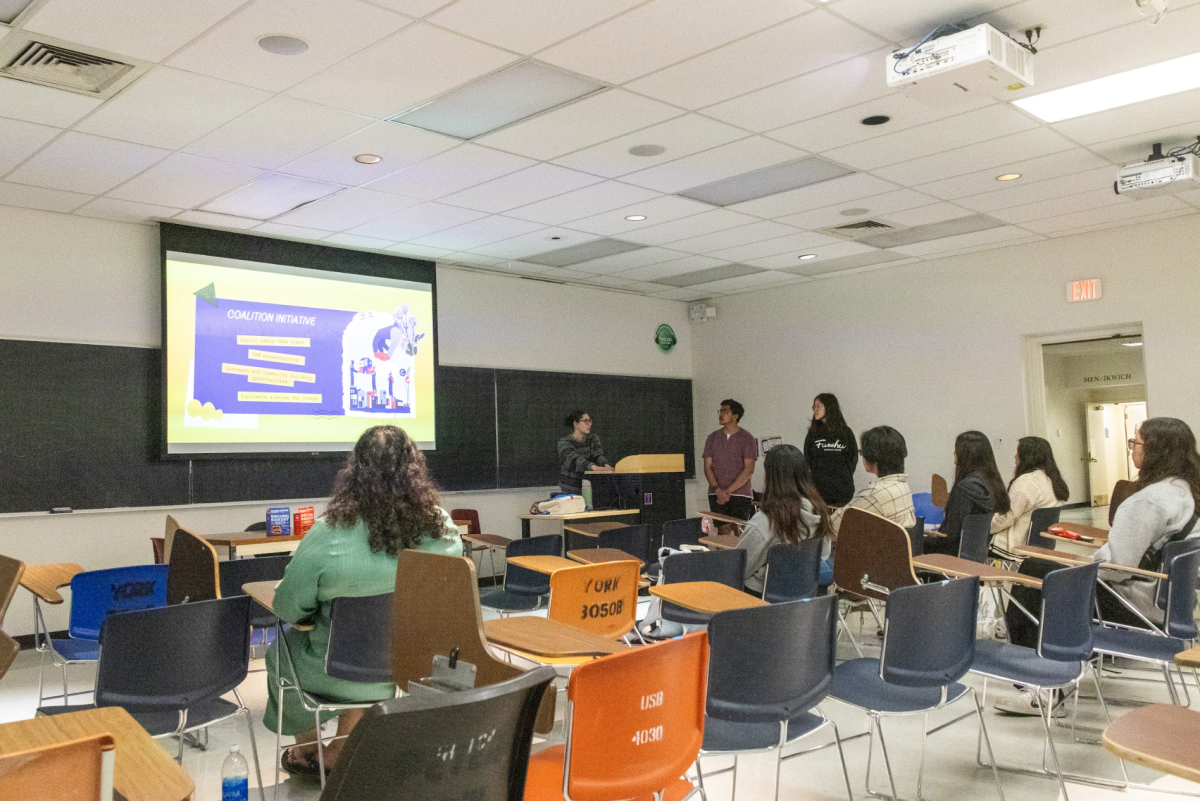
“Free food”: The two words that seem to prompt a positive response from students on campus who struggle financially due to tuition, textbooks and other living expenses.
Money problems have even led to some students forgoing a meal to save cash on more immediate needs. To alleviate this problem, A.S. Council, with the support of other organizations, started the Triton Food Pantry on Feb. 5 — a service that provides free emergency relief from food troubles to both undergraduate and graduate students.
Since Week 5 of Winter Quarter 2015, the program has offered imperishable foods to students in need so that no student on campus will go hungry and that everyone will have the resources they need to succeed. Jeremy Snyder, one of the two student managers of the Triton Food Pantry and a current A.S. campuswide senator, said that the idea for this service came from Muir College Dean of Student Affairs Patricia Mahaffey and the help of several college councils.
“In 2012, the [University of California Undergraduate Experience Survey] went out across all the campuses, and it found that on most campuses, 20 percent of students will skip meals for more mandatory financial expenses,” Snyder said. “When that information came to light, Dean Patricia Mahaffey went to all the college councils and [A.S. Council] — knowing that it [was] a big problem — to create a work group and try to address the issue.”
With a starting budget of $50,000, a space in Original Student Center was renovated, and various kinds of foods have been stocked on the shelves. Partnered with the San Diego Food Bank, the Triton Food Pantry is only offering non-perishable foods at the moment, but it is hoping to include fresh produce and protein in the future.
To procure more funds to offer more types of food, A.S. Council, Housing, Dining and Hospitality and other organizations are hosting the Walk the Block Party on April 18. This free event will feature a two-mile walk around campus with accompanying music and an after party at Revelle College with free food, face painting, a rock-climbing station and many more fun activities. Although donations are not required of participants, any contributions that are received will benefit the Triton Food Pantry in order to expand its choices of food.
To avoid discouraging anyone from seeking help through this program, the Triton Food Pantry volunteers refrain from asking too many questions.
“We want to try [to] have some semblance of anonymity [for pantry users],” Snyder said. “There’s this stigma of having to go in for help, so we wanted to remove that stigma by not collecting too much personal information so people feel safe when they go in the space.”
After a few weeks of starting up, the Triton Food Pantry saw a steady flow of around 100 to 120 students a week. However, in order to encourage more students to stop by, a future plan will be to open up other locations at various sites on campus.
“I would like, if possible, for us to open a small satellite location that’s in a different part of campus because we see a lot of people from Revelle and Muir, but [the numbers from] Eleanor Roosevelt, Sixth and Earl Warren Colleges are a little lower because they [live farther] away,” Snyder said. “So I’d like to open a satellite location where [volunteers] take some food from the food pantry during the day and set up over there during the week so they can distribute to those students more easily.”
As a student-oriented service, the Triton Food Pantry highly recommends undergraduates and graduates to come in the store to reap the benefits. Although some students may abuse the program, Snyder thinks the help it gives to disadvantaged students is well worth it.
“It’s possible that [students] might take advantage [of the Triton Food Pantry], but if we have 100 people come in and 10 people abuse it, that’s still 90 people we helped,” Snyder said. “So I think the benefits outweigh the potential harms.”














